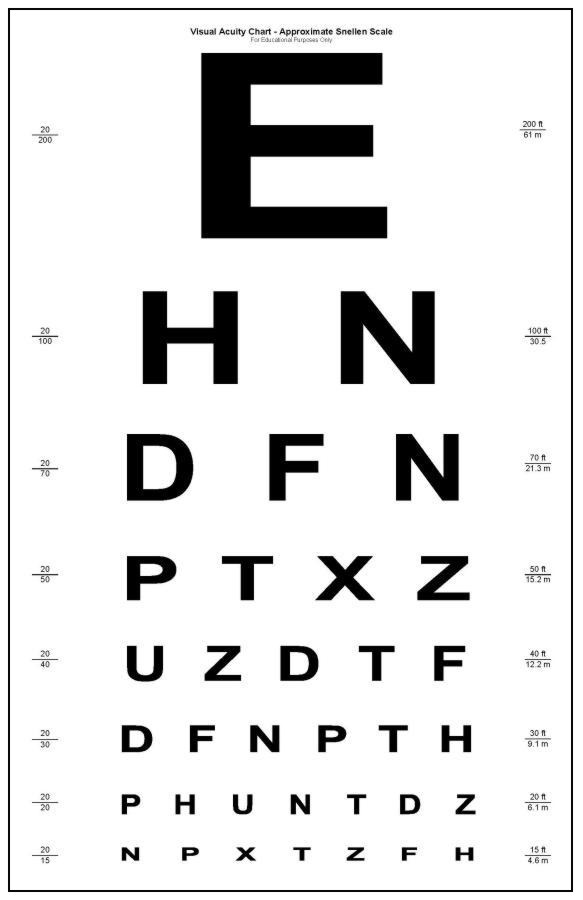(This is at least a three or four-parter. Hang with me on this for a few days.)
 Stanley Hauerwas says the moral life is as much a matter of vision as a matter of doing. One acts in the world according to how one sees the world. Our actions are informed by our attitudes, our values, and our dispositions. Those things are shaped and formed first and those, in turn, determine what we do and say in given situations. But it’s our vision, our way of looking at the reality around us, which initially informs our character.
Stanley Hauerwas says the moral life is as much a matter of vision as a matter of doing. One acts in the world according to how one sees the world. Our actions are informed by our attitudes, our values, and our dispositions. Those things are shaped and formed first and those, in turn, determine what we do and say in given situations. But it’s our vision, our way of looking at the reality around us, which initially informs our character.
So if the Church is charged, in large part, with shaping Christians and preparing them to lead a moral life in the struggles against the things that separate us from God, how are we doing? Are we concentrating on building Godly values and attitudes, which lead to proper conduct, by presenting the proper vision?
I’m afraid my experience tells me that the Church wants to do what is right and good, but it’s not as informed or motivated by a radical big-picture view of reality as it is by making sure things are done “decently and in order” and in accordance with the recognized norms of society. In the 1960s, Will Herberg wrote and lectured about the disconnect between what we do and what we confess. He suggested that, unfortunately, one doesn’t necessarily influence the other.
According to Herberg, our religion is so thoroughly secularist that “the familiar distinction between religion and secularism appears to be losing much of its meaning.” We all uphold and cherish certain basic values and organize our moral activities based on those common assumptions. Pagan and Christian alike, believer and non-believer, adhere to similar moral standards, not based on the Father and Son, but on what our culture deems acceptable.
James Davidson Hunter says:
Vast numbers of Christians today live in real cognitive dissonance respecting their claims to being religious and the conduct of their lives. They retain a vague notion of religious identity but their lives are distinctly secular, with the experience of God in worship and prayer not figuring very prominently in all that they do. Increasingly these nominal Christians embrace the heady hedonism and narcissism of popular culture and do not see that this contradicts biblical faith. Middle-class suburbia is teeming with such persons.
It’s true.
Where has the Church failed? What can we do better?
If true vision fosters and leads to and results in right conduct, maybe we need to evaluate the vision. Or the presentation of the vision.
What can we do better?
Peace,
Allan
Excellent food for though, brother. I think one thing we (as Christians in general) have let slip from our vision is God’s community as a way of life. Certainly the early Church (and the synagogue that preceded it) was the center of people’s lives. In the first century, people would work all day and then go to the synagogue to study Bible…that’s just what they did. And on Shabbat they would study all day. It is clear that today’s Christian does not see the Church as the center of our community and lives (see the above quote by James Davidson that Allan quoted). We’re traded in community for soccer practice, PTA, Boy Scouts, band practice, catching our favorite TV shows, et cetera ad noseum. It’s gotten to the point where “church” is just another one of those things to tack onto our list of weekly activities, not holding any particular spot, but rather just being one of many things we barely squeeze into our pitiful waking hours. This is reflected in people’s sad attendance to things like Bible class on Sunday mornings. Really? God is your joy and reason for living, and you can’t eek out two hours for Him one day a week?(there are, of course, legitimate excuses) Focusing on legalism got us into alot of trouble, but the backlash from that has swung us the other way where now we see a new kind of “bare minimum Christian” – I know because I used to be one.
When we finally realize that “church” isn’t a place I go on Sundays, but rather it is a way of life where I plan everything around it, then we will see less secularization among Christians. Why? Because if a Christian isn’t spending the majority of their time doing secular activities, then the way of modern society loses its value, the lines become clearer, and it’s easier to see where our actions contradict the faith we hold so dear.
Peace,
James
“I know because I used to be one.”
Me, too.
Thanks, brother.